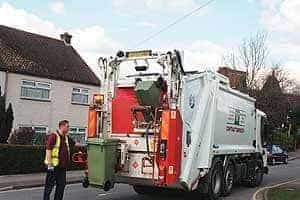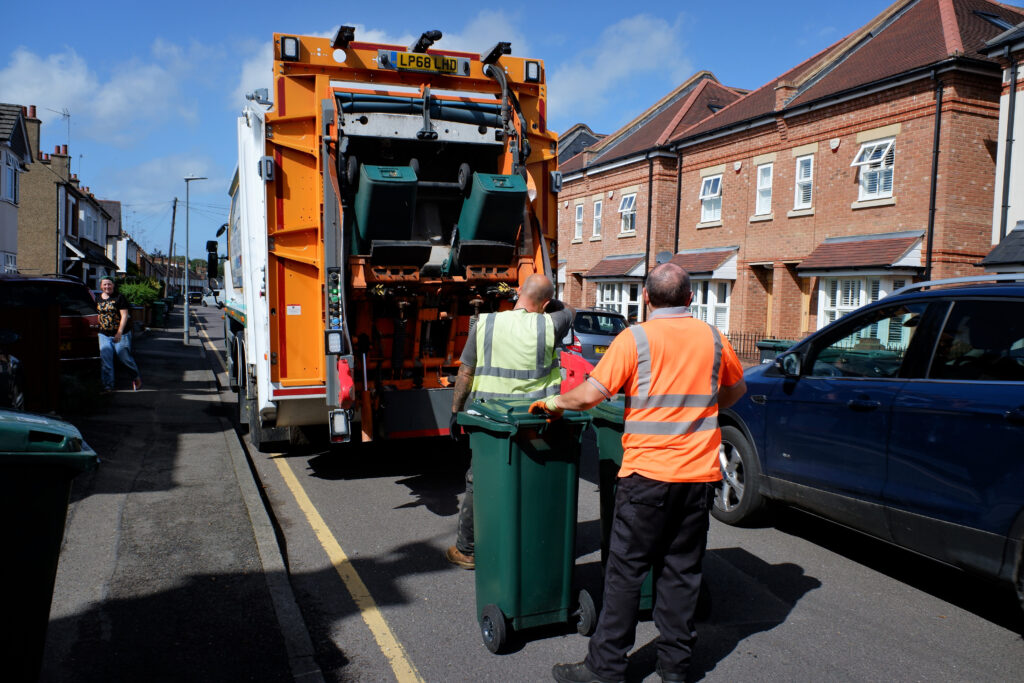The report, entitled ‘Understanding Waste Growth at a Local Authority Level', was published by the Bristol-based firm in October 2009 and attempted to ascertain what led to increases in household waste at a council level (see letsrecycle.com story).
Following up on the Express article, entitled ‘Labour's dustin [sic] collections ‘do not cut waste'', The Daily Telegraph also used the report to criticise alternate weekly collections (AWC) in an article on Monday (January 25) – called ‘Fortnightly bin collections ‘do not cut waste''.
However, Resource Futures has responded to the newspapers' portrayals of the report and, while it concedes there is some evidence of a ‘rebound effect' of increased waste at household waste recycling centres (HWRCs) following the introduction of AWC, it said it was a “temporary phenomenon”.
Speaking to letsrecycle.com, a spokeswoman for Resource Futures said: “Comments in the press about AWC causing more waste to be taken to HWRCs have not looked at the Resource Futures report in any detail: the case study evidence does not suggest that the introduction of AWC for refuse simply results in more waste taken by the public to HWRCs.”
Analysis
The 109-page report explained that the analysis was complicated when AWC was rolled-out at the same time as local authorities introduced controls at their HWRCs designed to tackle trade waste abuse and that this could lead to a “knock-on effect” of waste arisings temporarily increasing at these sites.
The consultancy also said it was “very careful to point out that a number of influences were likely to be at play when attempting to assess the impact of a single local waste policy measure”.
In one of its main conclusions, the study found that a combination of trade waste controls at HWRCs, the use of AWC and charging for green waste collections contributed to the biggest fall in waste arisings.
The study integrated waste arisings data from both HWRCs and the kerbside at the district council level in order to assess the impact of different policy interventions on total household waste arisings.
In November 2009, it emerged that Resource Futures had received £1.2 million worth business from Defra-funded WRAP since April 2007 and delivered 86 contracts in that time (see letsrecycle.com story).









Subscribe for free